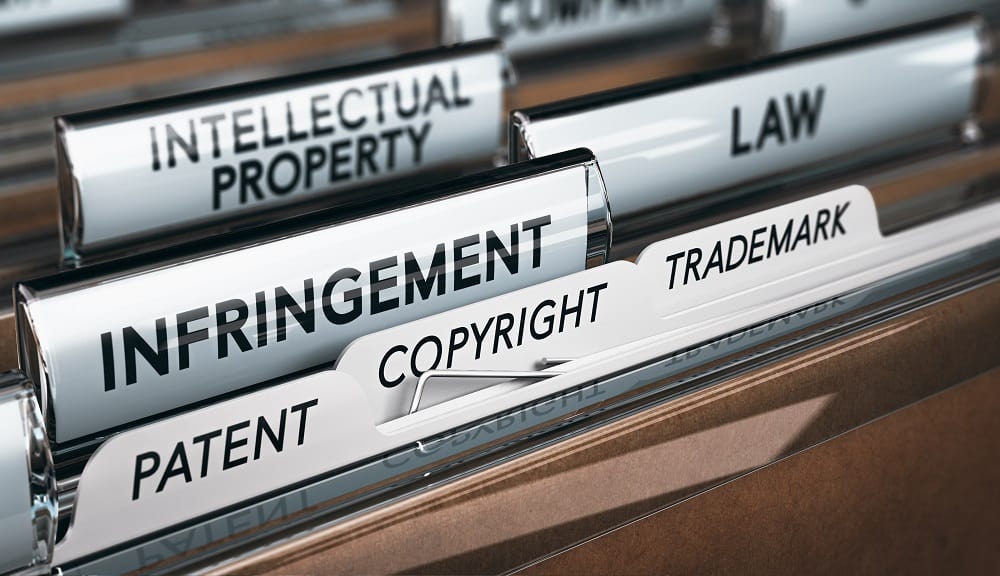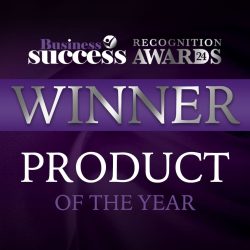The world of trademarks can be complex – even for high-profile figures like Meghan Markle. Her latest business venture, a lifestyle brand called ‘As Ever,’ has faced scrutiny over potential conflicts with existing trademarks. This case reminds us that securing a trade mark is not always straightforward, and businesses – whether start-ups or global brands – must navigate these challenges carefully.
The Trademark Dispute: What’s Happening?
Meghan Markle’s brand, ‘As Ever,’ which is reportedly linked to an upcoming lifestyle venture, has encountered trademark roadblocks. The issue stems from the fact that ‘As Ever’ is a phrase already in use within various industries. A trademark application for the brand was submitted to the United States Patent and Trademark Office (USPTO), but questions have been raised about its registrability, particularly regarding its distinctiveness and potential conflicts with existing marks.
While this case is unfolding in the US, it raises important questions that apply equally in the UK and internationally. It highlights the importance of conducting thorough trademark searches before launching a brand, ensuring that the name is legally available and distinctive enough to warrant protection.
What Can Businesses Learn From This?
1. The Importance of a Strong, Distinctive Trademark
A key requirement for a successful trademark application is distinctiveness. Common phrases or generic terms often struggle to gain protection, as they may not be seen as unique identifiers of a single source of goods or services. The phrase ‘As Ever’ could be seen as too generic or descriptive, which may make registration difficult.
If your business is looking to secure a trademark, opting for a distinctive, unique name can help avoid opposition or refusal. Made-up words, coined terms, or names that do not directly describe the goods or services they represent are generally stronger and easier to protect.
Having a name that is descriptive of the goods or services is pretty common and this is also a common blocker for successful trademark registration, this too should be avoiced.
2. Conducting Thorough Trade Mark Searches
One of the biggest mistakes businesses make is failing to check whether their desired brand name is already in use or registered. A comprehensive trademark search can reveal potential conflicts early, saving time, money, and legal headaches.
At National Business Register, we provide in-depth trademark searches that go beyond a simple database check. We analyse similarities in sound, appearance, and meaning, assessing whether a name might be considered too close to an existing trademark. Given the difficulties Meghan Markle’s brand is facing, it’s clear that skipping this step can result in complications down the line.
3. Understanding the Global Implications of Trademarks
Many businesses forget that trademark protection is territorial. A name that is available in one country may already be taken in another. For businesses looking to expand internationally, a strategic trademark plan is essential.
For example, if a UK-based business applies for a trademark only in the UK but later wants to trade in the US or Europe, they may find that the name has already been taken in those jurisdictions. This can lead to costly rebranding or legal disputes. Filing in multiple jurisdictions, such as through the Madrid Protocol for international trademarks, can provide broader protection but it must be remembered that thorough searches are imperative to save time, money and effort in building a brand that can never be yours.
4. The Risk of Opposition and Legal Challenges
Even if a trademark application is accepted, there is still a period where others can oppose it. If an existing brand believes that a new trademark is too similar to theirs, they can file an opposition, leading to a potentially lengthy and expensive dispute.
Given Meghan Markle’s global profile, her trademark application is likely to attract scrutiny, and existing brands may challenge her attempt to register ‘As Ever.’ For businesses, this highlights the importance of preparing for possible opposition and having a strategy to defend their trademark in place before you even file the application.
The UK Perspective: How Trademark Law Differs
In the UK, trademark law is governed by the Trade Marks Act 1994, and trademarks are registered with the UK Intellectual Property Office (UKIPO). Unlike the US, where a trademark must demonstrate use in commerce – and provide evidence of the same by year 5 the UK does not require immediate use upon filing. However, after five years, a trademark can be challenged if it has not been used.
Businesses applying for a trademark in the UK should ensure that their mark is distinctive and does not conflict with existing registrations. Additionally, using a trademark in commerce strengthens its protection and helps prevent challenges.
Final Thoughts: Trademark Due Diligence is Essential
The legal challenges surrounding Meghan Markle’s ‘As Ever’ brand, serve as an important lesson for businesses of all sizes. Whether you are launching a new company, introducing a product line, or expanding into new markets, securing your trademark and understanding your rights should be a priority.
At National Business Register, we specialise in trademark searches, registration, and protection, ensuring that businesses can safeguard their brand identity without running into legal complications. If you are considering a trademark, our team of experts can help you navigate the process and avoid the pitfalls that even high-profile figures encounter.
If you need guidance on trademark protection, contact us today by emailing info@nbrg.co.uk or by calling 0800 069 9090 to ensure your brand is secure from day one.
Image Attribution: https://commons.wikimedia.org/wiki/File:Meghan_Markle_visits_to_ActionAid_South_Africa_02.jpg







